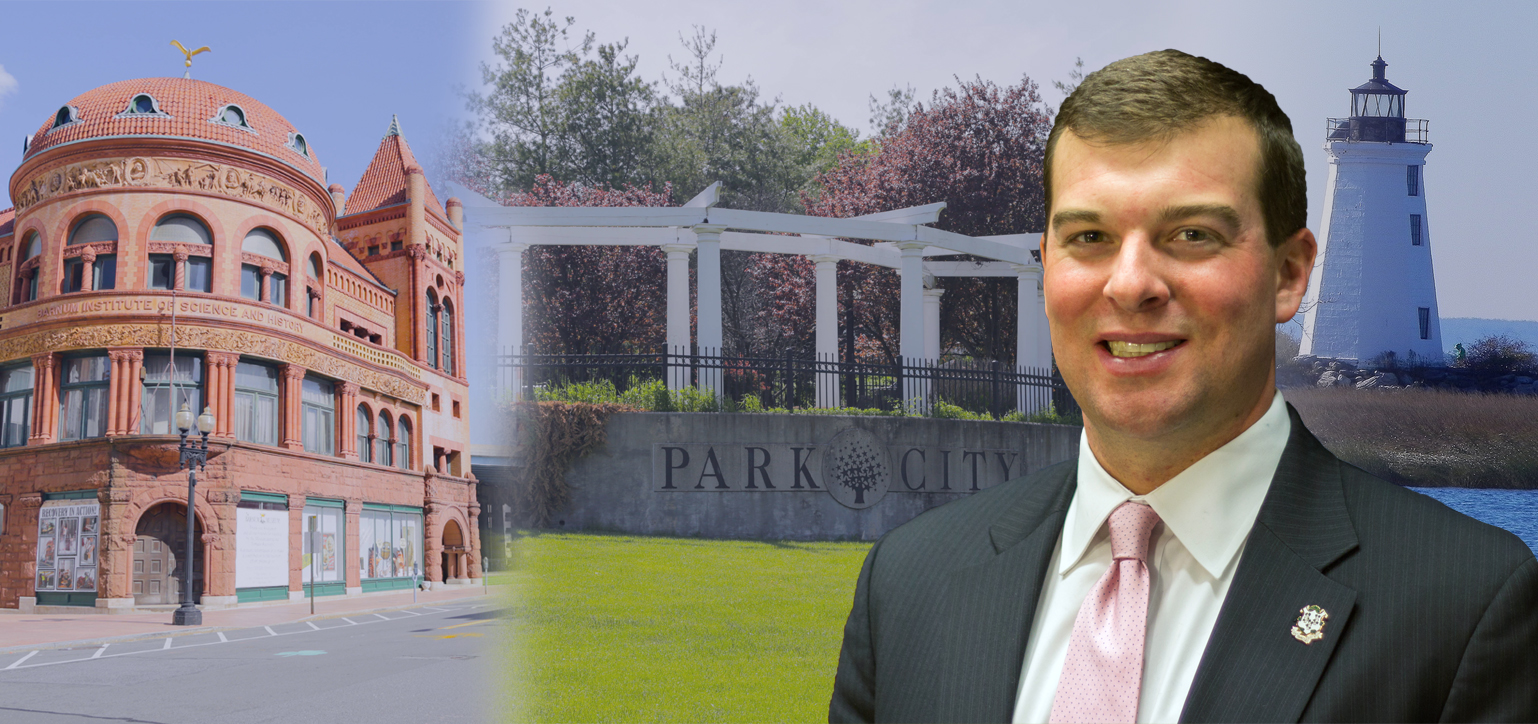Budgeting for a better Connecticut
April 28, 2017As you likely are aware, state budget discussions continue to be the focus of this legislative session. Unfortunately, decades of underfunding our debt obligations, underinvesting in transportation infrastructure and ignoring our cities as regional economic drivers has caught up with us. This has resulted in low economic growth and a strained budget.
Reaching a balanced state budget is a long process with many difficult decisions. I'd like to provide an update on where we stand now that the two major budget-writing committees have spoken this week.
On Tuesday, the Appropriations Committee was scheduled to vote on a bipartisan state spending plan that they had been working on for the past month. This effort was marked by compromise; both Republicans and Democrats have been fully involved in the ongoing negotiations. However, committee leadership was forced to cancel the vote after abruptly learning that Republicans were no longer supporting the plan.
On Thursday, my colleagues and I on the Finance Committee unanimously endorsed a bipartisan revenue package that does not call for any increase to the income and sales tax, or any other significant tax or fee.
While the Finance Committee’s revenue bill is not likely going to be the final package, it is a positive step forward in working together to reach a balanced budget that is not led by significant tax increases.
In these difficult fiscal times, no one is going to agree 100 percent with any budget that we produce. But governing is about making compromises so that we can continue to move Connecticut forward.
As the budget process continues over the next several weeks, I am committed to working with colleagues on both sides of the aisle to reach a fair and balanced budget that addresses the issues that got us into this situation in the first place. We must prioritize paying down our debt, investing in transportation infrastructure, and, most importantly, supporting cities like Bridgeport with education aid and municipal funding to allow them to be centers of economic growth for our state.





